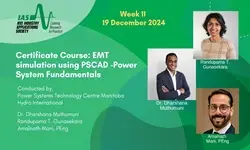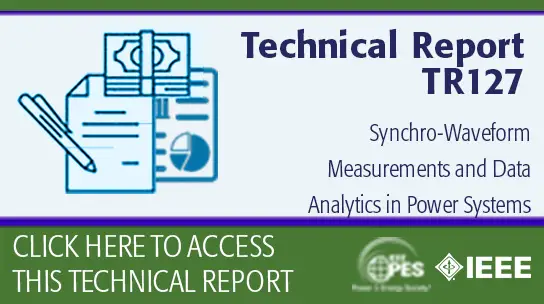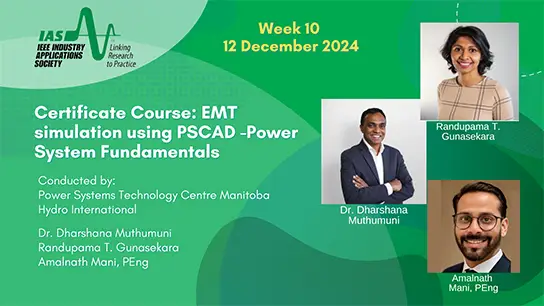-
Members: FreeCIS
IEEE Members: Free
Non-members: FreeLength: 00:54:36
23 Jul 2020
It is known that the processes of learning and the transfer of what has been learned are central to humans in problem-solving. Within the context of computational intelligence, several core learning technologies in neural and cognitive systems, fuzzy systems, probabilistic reasoning have been notable for their ability in emulating some of human�s cultural and generalization capabilities. In spite of the accomplishments made in computational intelligence, the attempts to emulate the cultural intelligence of human in search, evolutionary optimization in particular, have to date received less attention. Particularly, the study of optimization methodology which learns from the problem solved and transfer what have been learned to help problem-solving on unseen problems, has been under-explored in the context of evolutionary computation. However, it is believed that real-world problems seldom exist in isolation, and related problems encountered may yield useful information for more effective and efficient problem-solving on new problems encountered, when properly harnessed. This talk will touch upon the topic of evolutionary transfer optimization (ETO), which focuses on knowledge learning and transfer across problems for enhanced evolutionary optimization performance. In particular, I will first present an overview of existing ETO approaches for problem-solving in evolutionary computation. I will then introduce our work on ETO for evolutionary multitasking which is an emerging search paradigm in the realm of evolutionary computation that conducts evolutionary search concurrently on multiple search spaces corresponding to different tasks or optimization problems. Next, I will present our recent work on ETO for solving dynamic multi-objective optimization problems. As problems at two consecutive time instances of a given dynamical problem often share certain similarity, the optimized solutions obtained at a time instance may thus be used to provide a better prediction of the moving optima for the next time instance. I will end my talk with a discussion of future ETO research directions covering various topics ranging from theoretical analysis to real-world complex applications.


